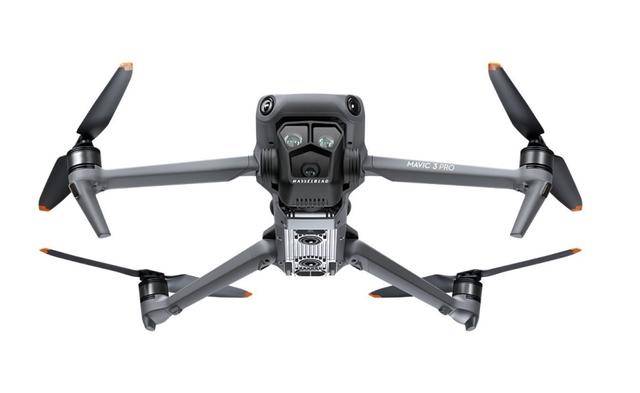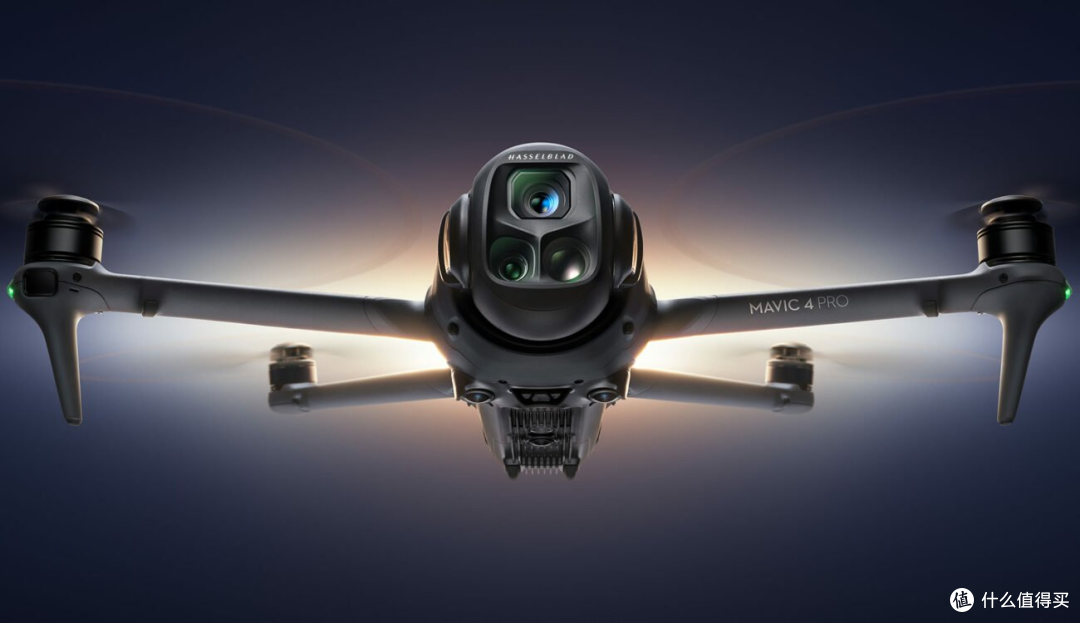In recent years, the rise of drone technology has significantly altered the landscape of modern warfare, with various factions employing these unmanned aerial vehicles for strategic operations. Among these, the Houthi group has been notable for its increasingly sophisticated use of drones. Their drone operations have caught the attention of global powers, particularly concerning the potential threat to key regions like Tel Aviv.
Houthi Drone Technology: A Strategic Evolution
The Houthi movement, rooted in Yemen, has been utilizing drone technology to elevate their military capabilities. These drones have been often modified to carry explosives and perform targeted strikes. The key focus is their evolving technological prowess, which has allowed them to extend their reach beyond traditional borders. In fact, the mere possibility of a Houthi drone reaching Tel Aviv sends ripples of concern regarding regional security and the effectiveness of defensive measures.
Impact on Tel Aviv
Tel Aviv, Israel’s bustling hub, represents both economic and strategic significance. Any threat, including that from Houthi drones, is carefully scrutinized due to potential ramifications. The impact could range from disrupting daily life to influencing international policies and military strategies. Security measures are paramount, with Israel already investing heavily in anti-drone technologies. This emphasizes the need for continuous adaptation to emerging threats.
Furthermore, the psychological impact cannot be underestimated. The citizens of Tel Aviv live under the constant perceptible threat of drone warfare, which could dramatically alter public sentiment and government responses.
Global Reactions and Strategic Implications
The possibility of drones reaching Tel Aviv has prompted a global discourse on the potential escalation in drone warfare. International bodies and neighboring countries are concerned about the regional stability. This potentially opens up discussions on diplomatic approaches to mitigate such threats and strengthen collaborative defense mechanisms.
Moreover, the United States and European nations have vested interests, given their geopolitical alliances and economic ties with Israel. Their responses could shape the future of drone warfare policies and international security frameworks.
Countermeasures and Defense Tactics
Israel is recognized for its advanced defense systems, such as the Iron Dome, specifically designed to intercept incoming threats, including drones. With the escalating nature of Houthi drone operations, there has been an impetus to innovate upon existing technology. This involves not only enhancing detection systems but also fortifying cybersecurity measures against potential drone-induced digital warfare.
Research and development continue to fuel efforts to neutralize threats promptly, ensuring that major urban areas like Tel Aviv remain secure against an ever-evolving adversary. Collaborative efforts with technological giants play a vital role in these advancements, often resulting in cutting-edge solutions that define the future of warfare.
Understanding the Broader Implications
The use of drones by the Houthi group and their potential impact on Tel Aviv highlights a larger narrative regarding the global shift towards technology-driven military strategies. It underscores the necessity for nations to keep pace with advancements and continuously adapt their defense doctrines.

FAQs
- How does the Iron Dome work? The Iron Dome is an advanced air defense system that intercepts and destroys short-range rockets and artillery shells. It’s designed to detect incoming threats and neutralize them before they can cause harm.
- What is the international community doing about drone threats? Global efforts involve both technological collaboration to develop advanced defense systems and diplomatic initiatives to manage escalation risks associated with drone warfare.
- Can civilian drones be utilized for defense? While civilian drones are not primarily designed for defense, their technology can inspire improvements in surveillance and reconnaissance efforts.

In conclusion, Houthi drone operations challenge traditional defense mechanisms, compelling nations like Israel, particularly Tel Aviv, to rethink and innovate their military strategies to ensure regional stability and security.
